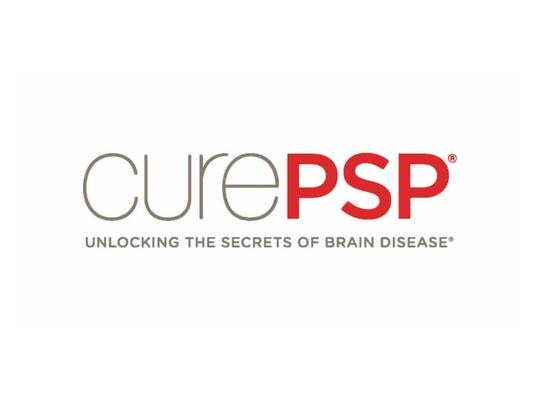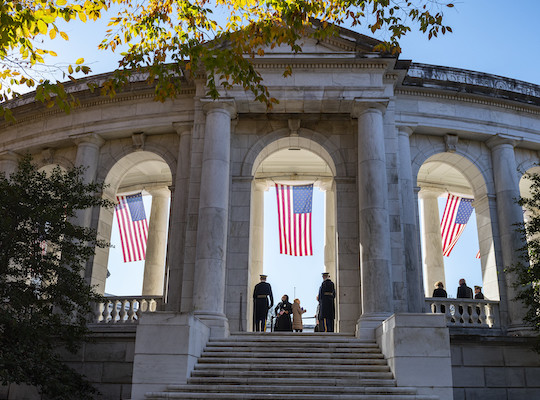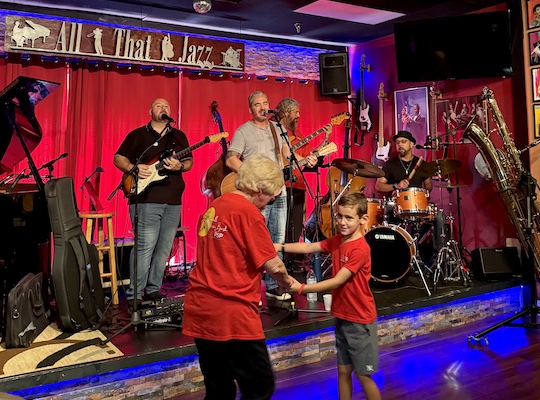Neuro2024 Looks to Build on Toronto’s Rich History of PSP Research
Jul 25, 2024 Oscar Sullivan
Sixty years ago in Toronto, progressive supranuclear palsy (PSP) was first described as a distinct syndrome by three scientists: John Steele, J Clifford Richardson and Jerzy Olszewski, following Richardson’s clinical observations on several patients with a unique syndrome. Decades later, through continued discoveries and updates to research, the scientific community now recognizes that initial description as Richardson’s syndrome, one of several variants of PSP. Addressing the many mysteries that still remain surrounding PSP requires scientists to adapt to the latest findings while expanding the shared library of data, and Dr. Anthony Lang, the head of the Rossy PSP Centre at University Health Network at the Krembil Brain Institute, part of the University of Toronto, emphasizes the work of the Centre to separate their clinical data by variants of PSP, both acknowledging and making sense of the disease’s complexities. Sixty years after the first discovery of one variant of PSP, Dr. Lang looks forward to partnering with CurePSP to host Neuro2024 and share the latest from the Centre, including progress on a potential biomarker.
“We have some exciting preliminary data that suggests that we may be able to diagnose the presence of 4R tau in the skin of patients with PSP,” Dr. Lang said. “A biomarker that could be used on a larger scale.”
Dr. Lang, who has been studying movement disorders in Toronto since 1982, recognizes that so much is still unknown with PSP, which is why the Rossy Centre takes a holistic approach to research and care, equipped with expert neurologists, specialist nurses, research coordinators and administrators providing clinical care that informs cutting-edge research. The Centre began five years ago thanks to a generous donation from the Rossy Foundation, which laid out a ten-year plan for the clinic with an international meeting at the five-year mark. Neuro2024 is that meeting, and Dr. Lang saw the benefits of collaborating with CurePSP’s expansive network for this conference, and feels ecstatic with the Centre’s progress five years in.
“The Rossy program has become an amazingly successful clinical and scientific program,” Dr. Lang said. “We have the best people in the world in PSP advising us as scientific advisors for the Rossy program and the productivity coming especially from the basic science program led by Dr. Gabor Kovacs is phenomenal.”
Recruited from Europe, Dr. Kovacs has been invaluable to the clinic. His achievements include first descriptions, characterization and pathogenic elucidation of several peculiar types of neurological diseases. His expertise in probing the molecular mechanisms underlying neurodegenerative proteinopathies has been amplified by the Centre’s state-of-the-art methodologies and clinical resources. The resources from the clinical branch have been invaluable to patients, and while Dr. Lang notes that there are far more movement disorder specialists in the United States than Canada, the Rossy Centre has introduced an interactive, feedback-based model of care that could be replicated to meet the urgent demand from patients. Dr. Lang says that conversations with patients are one of the most valuable and motivating experiences for researchers.
“The interaction that we have with patients with chronic neurodegenerative diseases can’t help but influence anybody that is involved with this field,” Dr. Lang said. “Those interactions serve as the greatest incentive to develop the Rossy program and see advances in our understanding of the disease and eventually to change the course of the disease. We’re beginning to see the needle move in Alzheimer's disease and our hope is that we’ll see that same kind of change in PSP.”
As the Rossy Centre prepares to welcome the neuroscience community for Neuro2024, Dr. Lang hopes that collaboration can help close the knowledge gaps in our understanding of the basic biology of these rare diseases. The cause remains a mystery and all disease-modifying therapies have failed to date, however Dr. Lang notes that many larger clinical trials in Alzheimer’s disease failed before researchers began to see the first signs of progress. That same resilience will need to continue, as it has for decades, in PSP research, where unsuccessful studies should not be hindrances but learning experiences, and should nonetheless update our understanding of these diseases. Progress has grown exponentially in the 60 years since that initial discovery, a relatively short period of time, with the Rossy Centre showing no signs of quitting. Their inextricable bond with patients means that they will always fight for the most courageous community.
“The basic scientist needs to understand the kind of disease that they’re dealing with, it shouldn’t just be a cell on a plate or something under a microscope,” Dr. Lang said. “They should recognize that the work that they’re doing has a tremendous influence on human suffering.”
Neuro2024: The PSP and CBD International Research Symposium, organized by CurePSP in partnership with Rossy PSP Centre at University Health Network at the Krembil Brain Institute, will take place on October 24-25, 2024, in Toronto, Ontario. The conference brings together leading experts to share the latest scientific findings in PSP and CBD. The two-day scientific program will discuss the full spectrum of PSP and CBD research, including the clinical landscape, biological mechanisms, molecular targets, biomarkers, and what is needed to move therapeutics forward.
Register for Neuro2024 here. This event is technical and is intended for a medical and research audience.
Join our email list
Get the latest news and resources
directly to your inbox.
Get the latest news and resources directly to your inbox.
Sign Up



